The first part of our summary: Serbia I.
Forget the French pastries
It’s burek time!
We fell in love with Serbian food the first time we stepped into a pekara, bakery. In these there are a wide variety of baked goods available all throughout the day. Most of them are puff-pastry, filled with delicious cheese, meat or different veggies. Obviously, the meat ones became Zsolt’s favourite instantly and the fresh cheese ones were Sofia’s, but we have tried them all and we loved them all!
Every morning we started off with burek and yogurt. Plus an additional pastry, that we haven’t tried before. And something sweet as well.
And then we found the mekike.
The mekike is a fresh baked doughnut, that you can eat by itself, or with sugar, or – and this how Zsolt likes it – with Nutella Eurokrem.
The secret of pastries here are the generous filling of local ingredients, and also the litres of oil and fat it’s made with. We have learnt this with horror, when Mira made us burek: a baking tray of the pastry has required over 0.5 litre of oil. But it didn’t stop us having it every morning. We enjoyed every bite, knowing that we have a whole day of cycling in front of us.
On the road in Serbia
Before we’d started our trip we heard horror stories of the Serbian drivers, and of Balkan pilots in general. We noticed the different style in driving soon after the border, and it became more prominent as we made our way southward. The roads in Serbia, or more like the drivers on it, are more dangerous than in the UK, but after surviving 800 kms on them, we can say it’s not as bad as it’s advertised.
The Serb drivers are fast and furious, but they are confident, and seem to know their limits. We haven’t seen any accidents.
They have the same attitude towards cyclists.
First we were outraged on how little space they allow us on the road, but after a couple hundred kilometres we got used to it, and realised they give us just enough. They treat us the same way as they do with other cars on the road.
So don’t let the rumours discourage you.
We were also satisfied with the quality of the roads, they would be suitable for road bikes as well, even between small villages.
Honk away
Continuous honking is an organic part of Serbian traffic. So much so, that first we thought it’s wedding season. They honk if there’s danger, if they’re annoyed, if they see a friend by the road or in another car.
We received quite a few honks ourselves: they honked at us to say hello, and to cheer us on, to signal that their coming behind us, and also, if they really wished us somewhere else. By the end of our time in Serbia we became professional honk-readers: from the smallest sound we could tell if it’s a positive sound or a negative one, or just signalling their presence. Quite a skill to have.
BTW, I think trucks should have a separate signal system for when they pass cyclists. They should honk as many times as long the truck is. Knowing if the truck behind you is a simple 4-6 wheeler or semi-trailer with 10+ wheels would be awfully, awfully useful.
Roadkill
As we spend most of our time on the road, we have plenty of time to look around.
Sadly, we saw many sad scenes of accidents. There’s roadkill lying everywhere, mostly dog remains, and they are left by the road to rot away. At the beginning our heart twisted every time we sighted one, but, and it’s hard to admit, that as we have seen them on every other kilometre, we got used to the sad sight.
Of course, most of them were stray dogs. There are stray dogs (alive) everywhere. They all look strong and well fed, thanks to the heaps of rubbish by the roadside, but they usually mind their own business. We’ve only been chased by them three times, and thankfully, they gave up quickly.
But it’s not only animals to fall victim to the road.
We were shocked to see the number of memorials by the road, especially as they were mostly erected in memory of young people, boys and girls around the age of 20, who died at one certain spot. We have seen one of these marble plaques in every 5-10 kilometres. Apart from the dates, they always include a picture of the deceased(s), and they often show some personal details, like their favourite sport or hobby. These memorials were both sad, and for our Western eyes, sometimes very grotesque.
Death crossed our path very often in the Balkans, and not just by the roadside. Here, it’s custom to place death announcements around town when a loved one passes away. We have seen these in the most frequent spots in towns and villages, but even in some parts of Belgrade. We found the custom beautiful and sad at the same time…
Money exchange, half-built houses and the Euro
While cycling in Serbia, we’ve seen loads of…
- half-built houses. Two-three floor houses with bare brick walls and unfinished balconies. The windows and doors are in place, but they are clearly uninhabited.
- money exchange shops. We have found money exchange places in the smallest villages, at least two. In towns there is one in every corner.
These obviously raised a few questions, but they only went unanswered until we got to Petrovac.
Once again, Couchsurfing helped us to get close enough to people to ask our questions and get some clear explanations.
We have learnt that loads of Serbs earn their living in the West, mainly in Austria, Germany and Switzerland. They send the money earned back home to help the rest of the larger family, and also, they build new houses here. Having the largest house in the village is a matter of pride and prestige – even if it’s unfinished and uninhabited, because it’s owner decides to stay abroad.
The money earned abroad is the reason for the number of exchange shops as well. Because of this, and because the Serbian Dinar’s volatility, Serbs tend to have their savings in Euros and change some back when the rate is good.
It was very interesting for us to see that they always count the prices in Euros in everyday life, and that their salary is set in Euros, as well. It is against the law to get your end-of-the-month pay in anything other than RSD, but as none would be happy to sign a work contract that builds on a volatile currency, they found a loophole: most work contracts determine the salary in Euros, stating that at the end of the month, it should be payed in Serbian Dinars, according to the daily exchange rate on payday. How brilliant!
Smoke, smoke, smoke
In Serbia, there is smoke everywhere.
At least during winter. Wood is still the main fuel at winter, and as we cycled through hills, we saw in the valleys as the smoke rises out of the chimneys and drape whole towns in a greyish cloud.
I was thorn. My environment-conscious heart was breaking at the thought of all the trees that must disappear into air every winter, but even I enjoyed the hot water and warm rooms we have slept in (and when we didn’t, I wished we had a fireplace to warm us up).
But it’s not just the burning of wood that can warm you up.
We also had the chance to cut and stack them, when our hosts needed a hand. We were more than happy to help out, not just to return their kindness, but to do some well-needed cross-training as well.
- Some wood to be carried in Backa Palanka. – – – – – A belépéshez előbb egy fél erdőt kéretik arrébb hordani.
- Cross-training. Zsolt’s happy to help out with some wood chopping in Petrovac. – – – – – Zsolt kimondottan örült a favágó-keresztedzésnek Petrovacban.
But the real shock to the system was the cigarette smoke.
It seemed like everyone in Serbia smokes. This is obviously not true, but let’s say the truth: we’ve only met one person in Serbia who didn’t smoke.
Most people roll their own cigarettes and they are masters in the task: they can do it without looking, with only one hand while walking and shopping for groceries. The movement is so automatic, so natural… it’s almost beautiful. If only they wouldn’t light it.
But they do, one after the other.
Smoking is allowed everywhere: at the workplace, schools, pubs, restaurants. In the latter, it’s so common that people even smoke in-between dishes. Lighting up by the dinner table is not considered impolite.
The constant cloud of smoke deeply affected our social life in the country. We could handle an hour, sitting together with smokers, but as the cloud of smoke thickened around us, we couldn’t enjoy the company anymore. First we stopped taking part in the conversation, the we stopped listening to it, then started looking for excuses to make our way outside, our thought occupied with our stinging eyes, painful throat and dreams of clean, beautiful, fresh air. Going out to a club partying was simply out of the question.
Our Serbia
We have spent 2.5 weeks in Serbia and we LOVED it! We grow up just across the border but we’ve barely visited this beautiful country before. We enjoyed cycling through the pretty landscapes and friendly villages, exploring it and spending time with the people who brought it really close to us, and helped us understand it better.
We could write pages of all we’ve learnt and experienced during these wekes: the political situation, their relationship with the EU and Russia, Kosovo, unemployment… but most of these you can read on Wikipedia.
For the feel of the place, though, you must come and visit.
And we recommend you to do so. If we could come again, we would cycle again from Budapest to Beograde (if anyone needs tips on this, don’t hesitate to ask us, you need about 7-9 days), visit the Jazz Festival in Nis, and the hidden thermal spas. And we would eat more burek!
- We really enjoyed the spelling of western names. :) – – – – – Nagyon élveztük az újságok böngészését, mert a nevek fonetikusan vannak leírva. :)
Do you enjoy reading about our fortunes and misfortunes? If you do, please spare some change to support a cause that’s important for us. A price of a coffee would do.

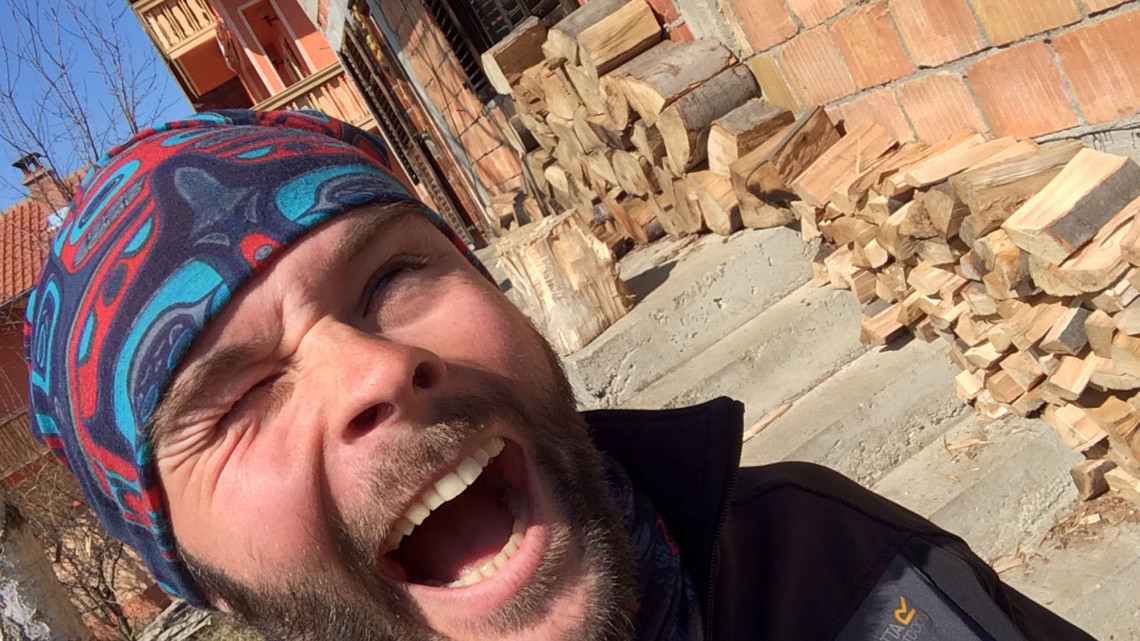
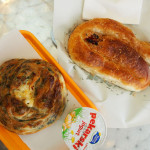
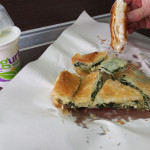
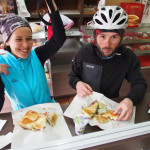
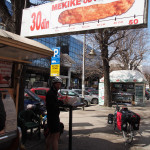
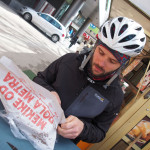
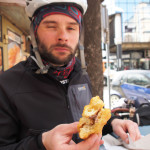
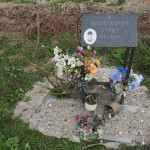
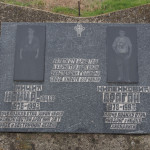
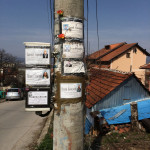
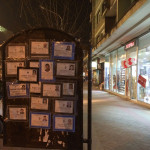
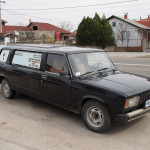
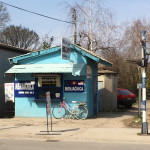
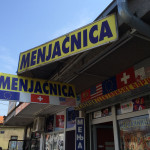
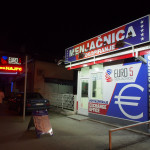
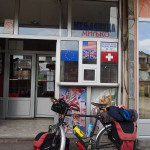
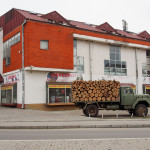
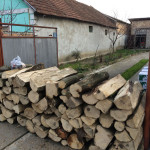
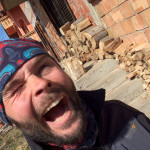
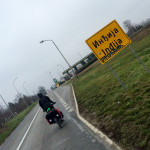
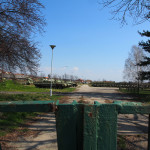
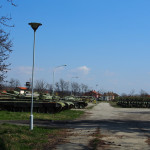
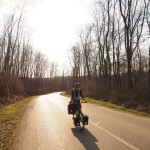
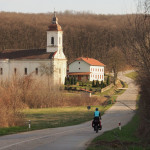
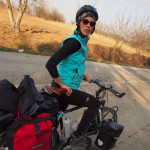
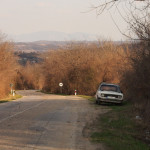
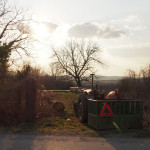
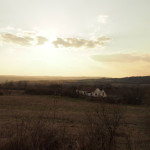
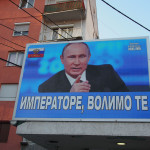
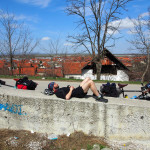
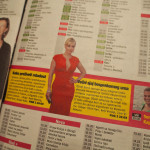
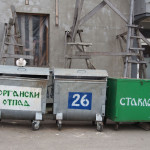
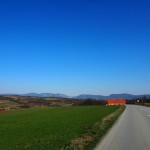
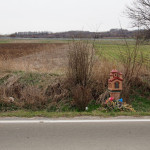
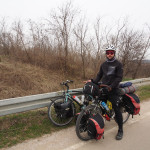
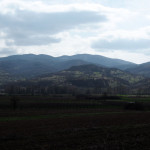
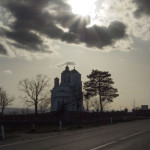
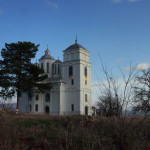
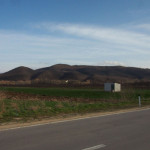
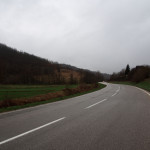
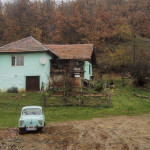
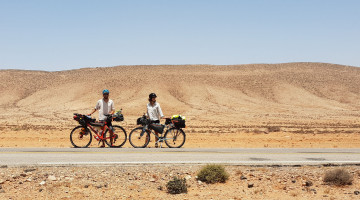
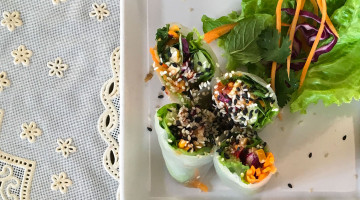
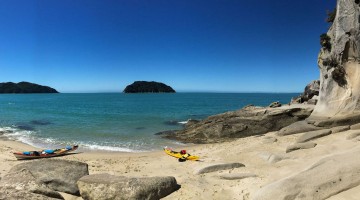
… [Trackback]
[…] Find More Information here on that Topic: diesdiem.co.uk/2015/04/09/serbia-2/ […]
… [Trackback]
[…] Info to that Topic: diesdiem.co.uk/2015/04/09/serbia-2/ […]
… [Trackback]
[…] Information on that Topic: diesdiem.co.uk/2015/04/09/serbia-2/ […]
… [Trackback]
[…] Find More on to that Topic: diesdiem.co.uk/2015/04/09/serbia-2/ […]
… [Trackback]
[…] Read More here to that Topic: diesdiem.co.uk/2015/04/09/serbia-2/ […]
… [Trackback]
[…] Find More here to that Topic: diesdiem.co.uk/2015/04/09/serbia-2/ […]
… [Trackback]
[…] Here you will find 72779 additional Information to that Topic: diesdiem.co.uk/2015/04/09/serbia-2/ […]
… [Trackback]
[…] Read More on on that Topic: diesdiem.co.uk/2015/04/09/serbia-2/ […]
… [Trackback]
[…] Find More Info here on that Topic: diesdiem.co.uk/2015/04/09/serbia-2/ […]
… [Trackback]
[…] There you will find 35096 more Information to that Topic: diesdiem.co.uk/2015/04/09/serbia-2/ […]